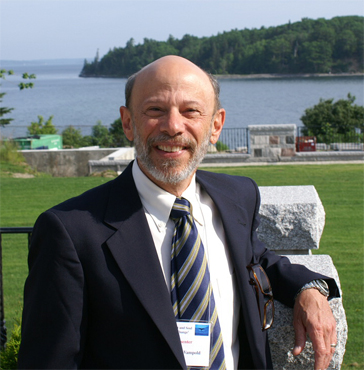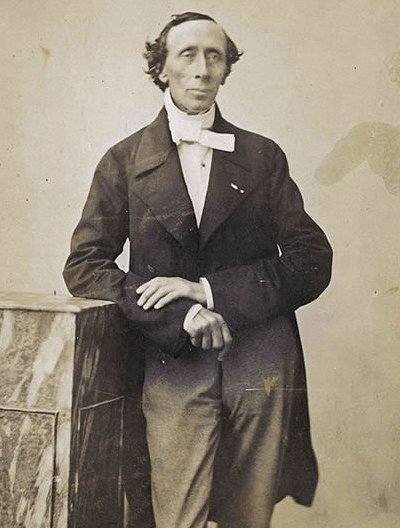 Hans Christian Andersen, the author of such classic stories as The Ugly Duckling and the Emperor’s New Clothes, once wrote, “Life itself is the most wonderful fairy tale of all.” That sentiment is certainly true of my own life. For the last 16 years, I’ve been privileged to travel around the world conducting training and providing consultation. Each year, I meet literally thousands of therapists and I’m consistently impressed and inspired by their dedication and persistence. Truth be told, that “spirit”–for lack of a better word–is actually what keeps me in the field.
Hans Christian Andersen, the author of such classic stories as The Ugly Duckling and the Emperor’s New Clothes, once wrote, “Life itself is the most wonderful fairy tale of all.” That sentiment is certainly true of my own life. For the last 16 years, I’ve been privileged to travel around the world conducting training and providing consultation. Each year, I meet literally thousands of therapists and I’m consistently impressed and inspired by their dedication and persistence. Truth be told, that “spirit”–for lack of a better word–is actually what keeps me in the field.
This last year, I’ve spent a considerable amount of time working with practitioners in Denmark. Interest in Feedback-Informed Treatment has taken off–and I have the frequent flyer miles to prove it! While I’ve been traveling to the homeland of Hans Christian Andersen for many years (actually my maternal grandfather and his family immigrated to the United States from a small town just outside Copenhagen), momentum really began building following several years of workshops arranged by Henrik and Mette Petersen who run Solution–a top notch organization providing both workshops and year-long certification courses in short-term, solution-focused, and systemic therapies.
In October, I worked with 100+ staff who work at Psykoterapeutisk Center Stolpegård–a large outpatient center just outside of Copenhagen. For two days, we talked about research and practice in psychotheapy, focusing specifically on using outcome to inform and improve clinical services. Peter Koefoed, chief psychologist and head of Training organized the event. I was back in Denmark not quite one month later for two days with Henrik and Mette Petersen and a then third day for a small, intensive training with Toftemosegaard–a center for growth and change–smack dab in the middle of Copenhagen.
At each event, I was honored to be accompanied by Danish psychologist Susanne Bargmann, who is an Associate and Certified Trainer for the Center for Clinical Excellence (ICCE). I first met Susanne at a two-day workshop sponsored by Solutions a number of years ago. Her attitude and drive is infectious. She attended the Training of Trainer’s event in Chicago and now runs a listserve for Danish practitioners interested in feedback-informed treatment (FIT) (by the way, if you are interested in joining the group simply click on her name above to send an email).
Recently, she published an important article in Psycholog Nyt–the official magazine for the Danish Psychological Association. The article is really the first written in Danish by a Danish practitioner to suggest “practice-based evidence” as a scientifically credible alternative to the narrow “specific treatments for specific problems” paradigm that has come to dominate professional discourse and practice the world over.
Anyway, I’ll be back in Denmark several times in 2010. In May, I’ll be teaching “Supershrinks: Learning from the Field’s Most Effective Practitioners.” The course, as I understand it, is already sold out. No worries though as the workshop is being offered again in November–so sign up early (click here to access my workshop calendar). Also, in September, Susanne and I will jointly teach a course for psychologists on research entitled, “Forskning og Formidling”–a required training for those seeking specialist approval by the Danish Psychological Association. Finally, as I’ve done for the last several years, I’m scheduled to do two days for Solution as well. If you live and work in Denmark, I truly hope to see you at one of these events.


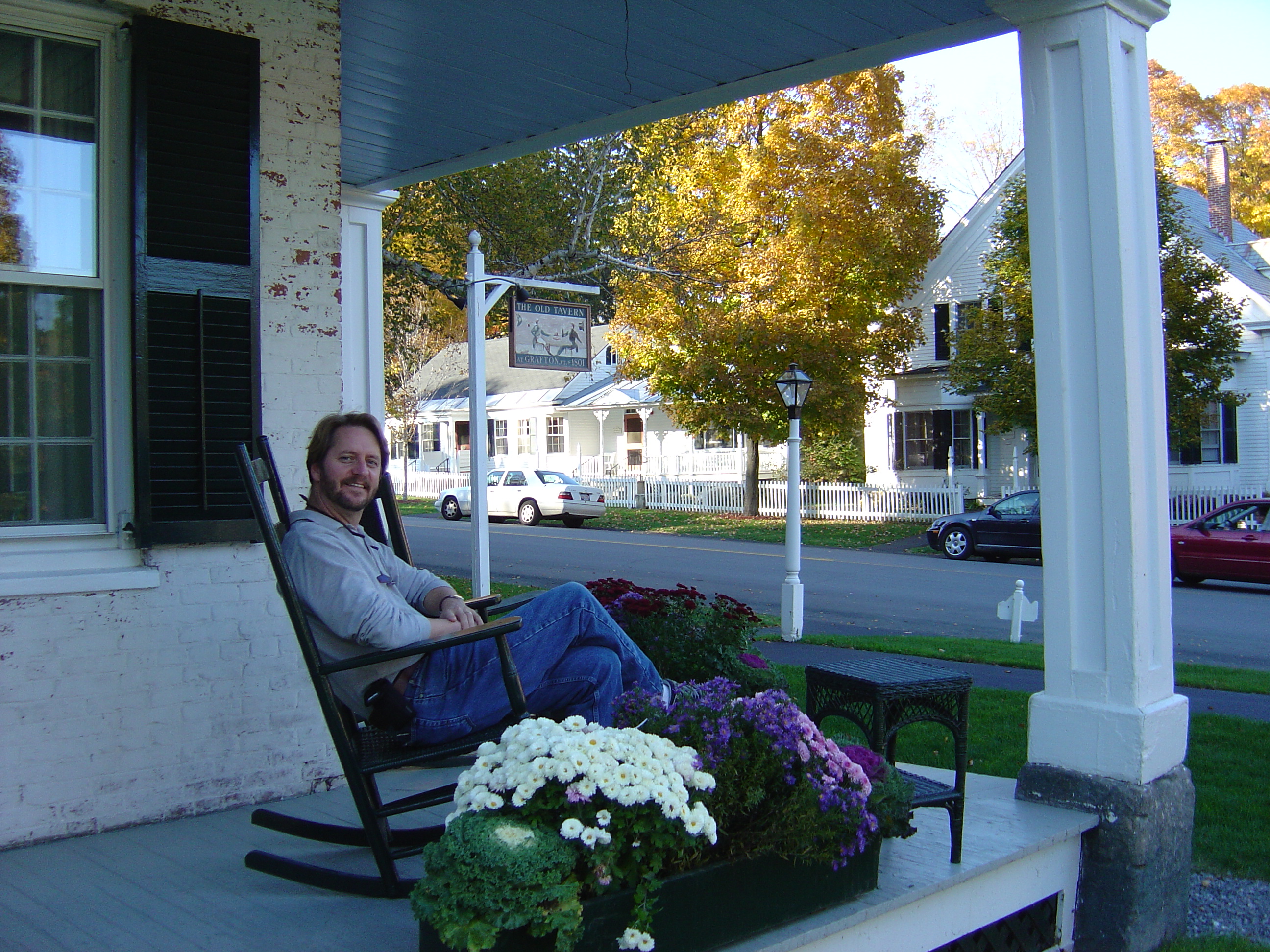

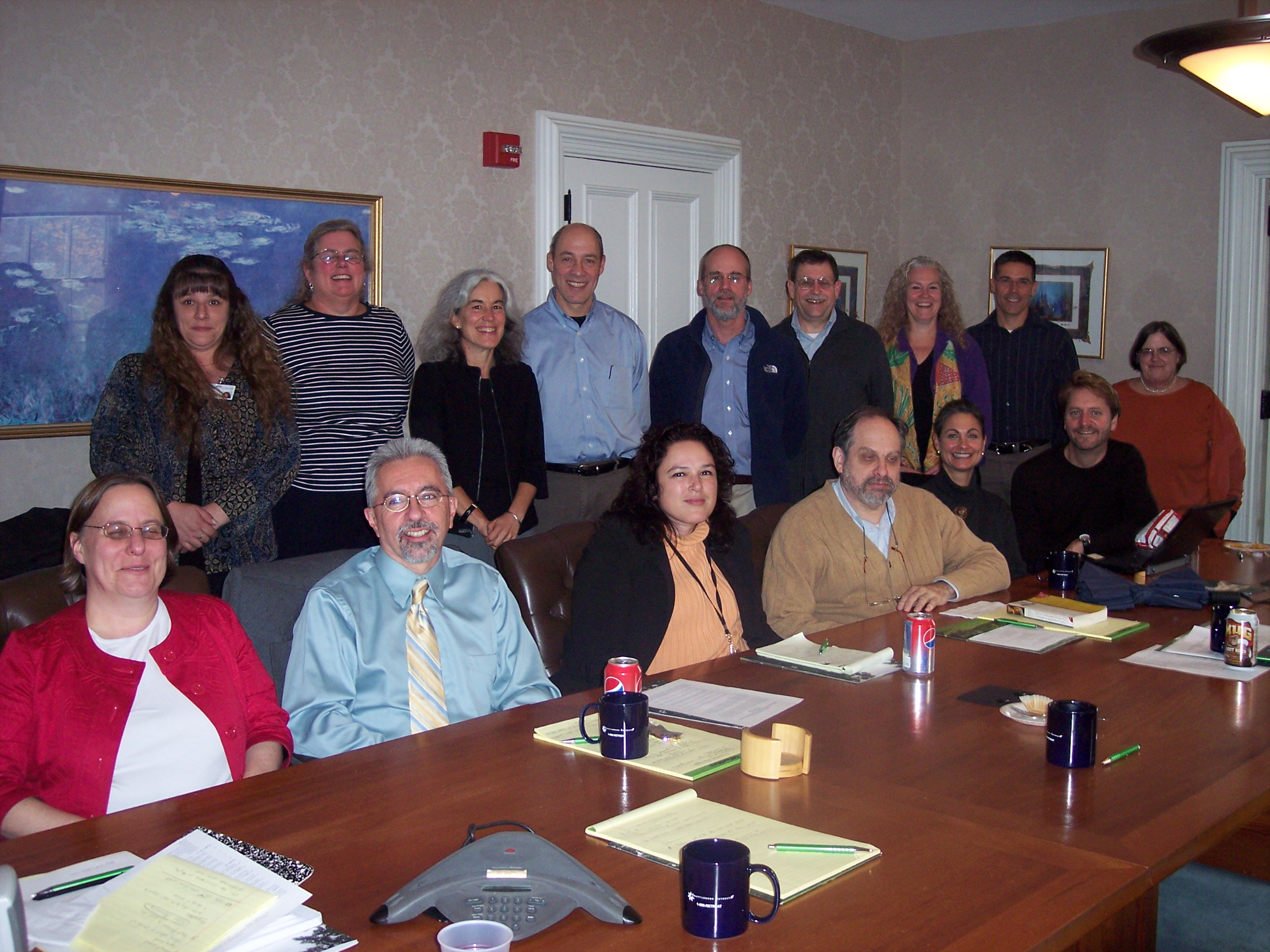
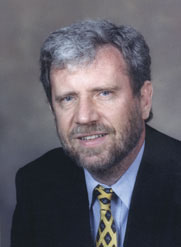
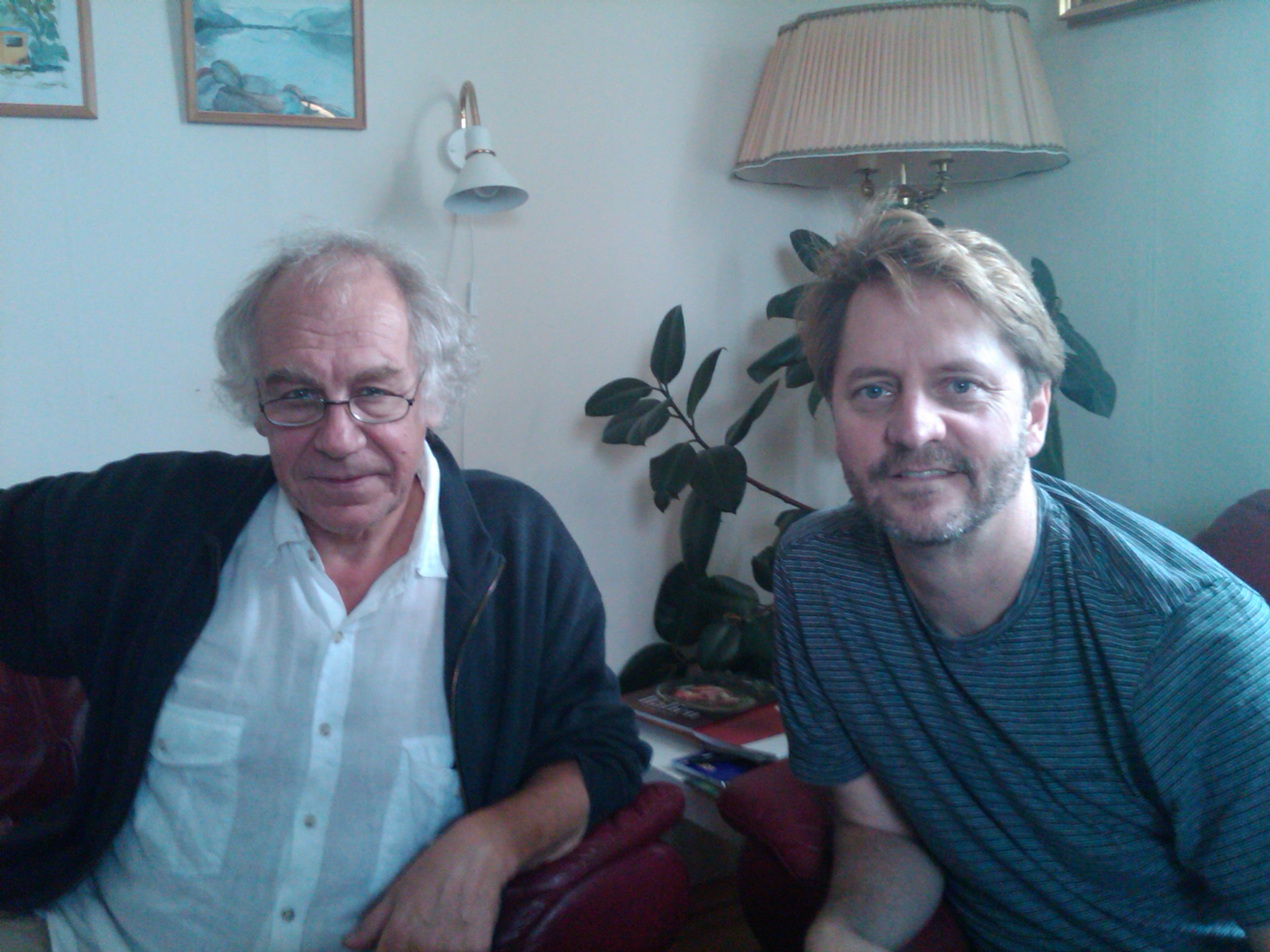
.jpg)

